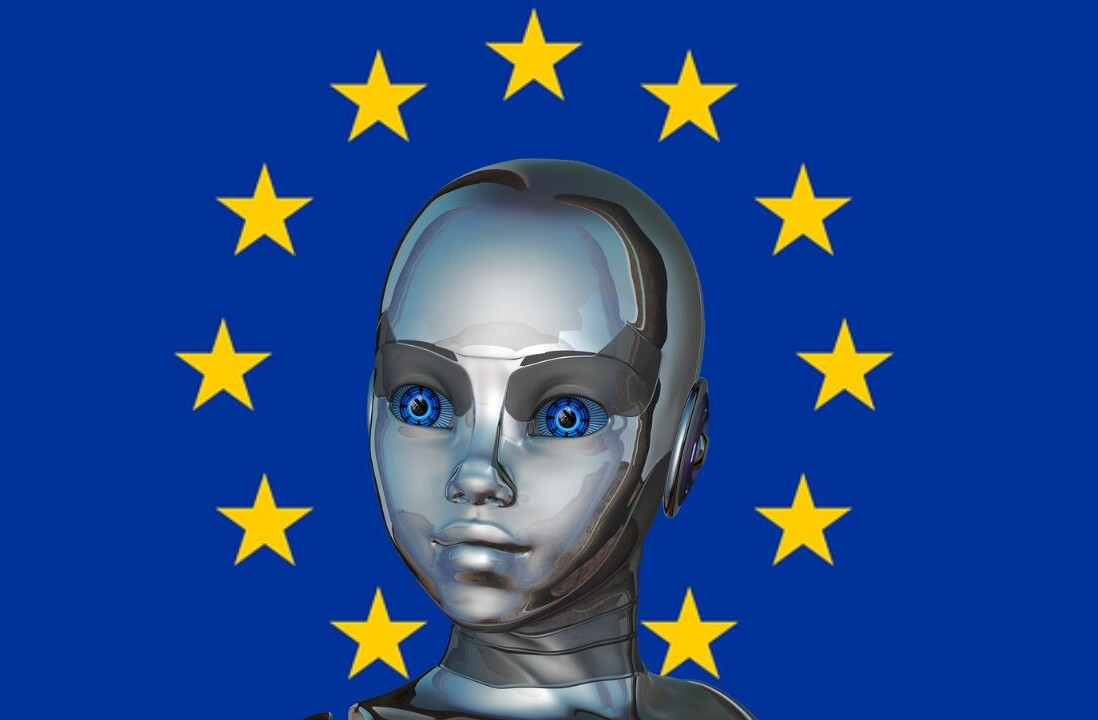
The last thing we expected to see near the end of 2020 was a truce between human job-seekers and the deep learning systems replacing them, but the possibility of an impending recession has upended the AI market.
According to experts, COVID-19 has stalled the once meteoric rise of available jobs for deep learning developers.
I think it's clear that for many smaller companies that invested in deep learning, it turned out not to be essential and got cut post-Covid as part of downsizings. There are somewhat fewer people doing deep learning now than half a year ago, for the first time since at least 2010
— François Chollet (@fchollet) August 30, 2020
Chollet, a top Google engineer and the creator of Keras, is quick to point out that the impending recession isn’t indicative of an AI winter – an extended period of shunted development due to a lack of interest, accomplishment, and funding – but because of massive financial losses caused by the pandemic.
This is the data of public job postings on LinkedIn that mention a deep learning framework. Holiday break, then strong 2020 ramp up, then collapse starting in February. pic.twitter.com/hZRN8V4dKW
— François Chollet (@fchollet) August 31, 2020
In other words, the demand for AI technology is there but the funding isn’t. Businesses have steadily hired AI developers and researchers in increasingly growing numbers over the course of the past decade. But that was before COVID-19 changed the standard business model.
Early predictions indicated COVID-19 could cause as much as a 15% trade drop worldwide and cost nearly $9 trillion globally this year alone. Coupled with massive unemployment across the globe and a near-crippled government in the US – where most of the largest AI companies are located – the lack of prospects for new deep learning candidates could further hinder the advancement of deep learning technology.
At this stage, predicting what a post-COVID deep learning market might look like is a crap shoot at best. The politicization of fly-by-night untested “vaccines” in Russia and other countries has muddied research and turned the quest for a cure into a referendum on how so-called “super power” countries deal with misinformation.
Where there was once hope for a swift end to the pandemic, pragmatism now dictates we assume the US will remain the festering epicenter of the disease for an unknowable amount of time.
Quick take: Deep learning jobs are likely to bounce back before many other tech jobs do simply by sheer virtue of the tech. Businesses able to survive a potential global recession (or localized depressions) are sure to benefit from having robust AI systems in place to handle a quickly-changing business landscape.
If I was graduating with a degree in computer science and a focus on AI tech I wouldn’t be too concerned, albeit with this caveat: I’d be concerned about the global market right now no matter what my specialty, degree, or experience was in because it’s tough times out there for many.
But the bottom line is, barring a complete technological Armageddon, AI is here to stay and we’ll need to keep advancing the field. Still, experts predict layoffs and hiring freezes are likely to persist, so don’t be surprised if things get worse before they start getting better.
So you like our media brand Neural? You should join our Neural event track at TNW2020, where you’ll hear how artificial intelligence is transforming industries and businesses.
Get the TNW newsletter
Get the most important tech news in your inbox each week.





